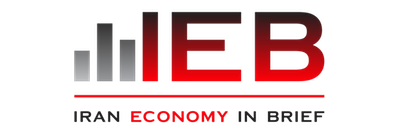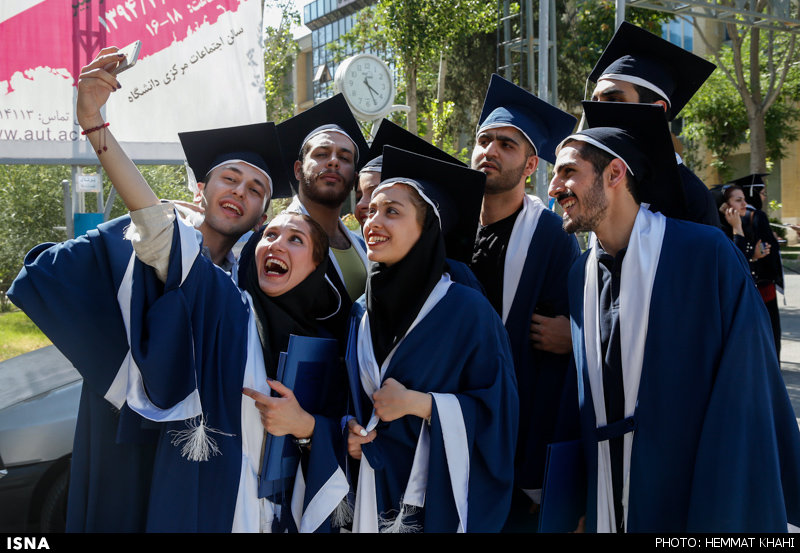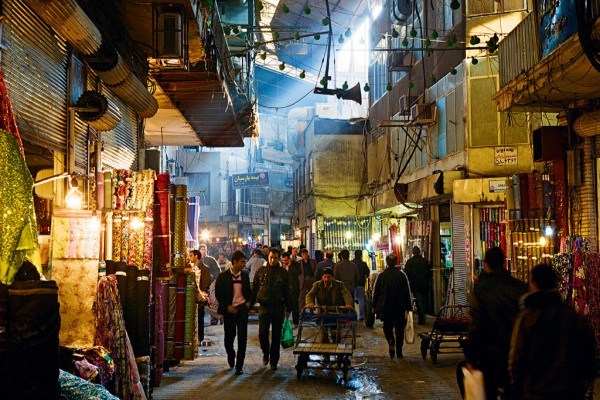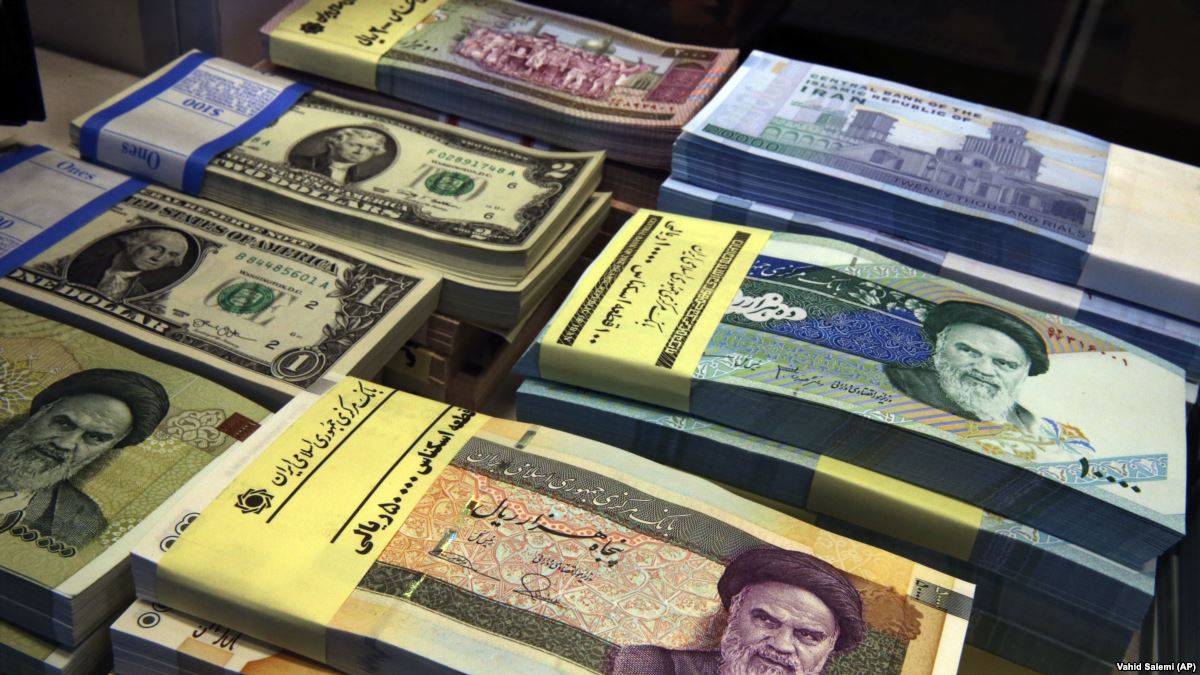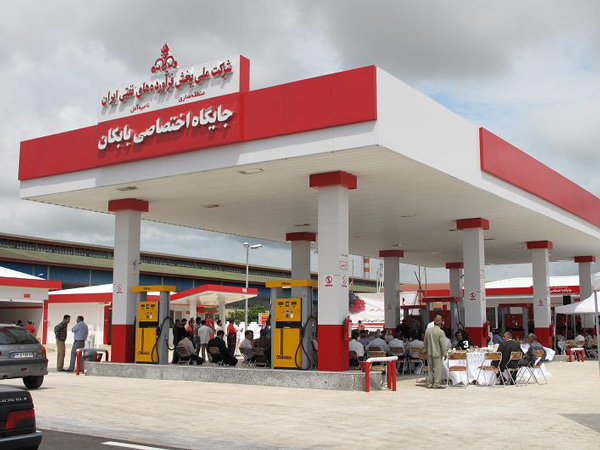
Negotiations with the German carmaker, Volkswagen, over the production of CNG vehicles in Iran, strengthens the possibility of increased CNG fees from the government.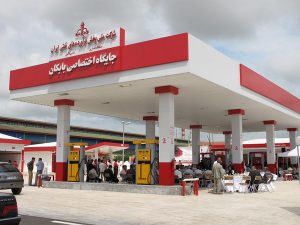
There are more than 2000 CNG stations in Iran. Although the major number of them is owned by the Government, but the participation of the private sector is increasing.
Not increasing the fees for CNG since 2014 has caused some problem for station owners and slowed the interest in opening new stations from the private sector. TheNational Iranian Oil Product and Distribution Company (NIOPDC) has therefore requested a reconsideration of the current fees.
In parallel, the negotiations with the German carmaker, Volkswagen, to build CNG cars in Iran, could be used as a drive to speed the development of the required infrastructure. National Gas Company of Iran confirms that the negotiations with VW have been underway for a month and Iran’s natural gas has been sent to Germany so they can design a CNG engine for Iran.
Ali Mehrabi, Head of the CNG-Sector at the National Iranian Oil Product and Distribution Company (NIOPDC) gave a report on the CNG stations in Iran, saying: “Currently, there are 2,360 CNG stations across the country which can distribute 40 million cubic-meters of CNG every day. However, only 21 million m3 of CNG is used daily”.
This year 40 new CNG fueling stations have been constructed and it is estimated that 10 more will be added by the end of the Iranian fiscal year, i.e. 21 March 2017.
The plan for electronic payment of the price of CNG has been piloted in a number of fueling stations.
“Nearly 3% of the CNG fueling stations are out of use, which is mainly due to debt or major repairs. Tehran is the largest consumer of CNG and has the highest number of CNG fueling stations; 2.2 million m3 of CNG is used in Tehran every day and this figure has the capacity to be doubled”, added Ali Mehrabi.
By now 44 fueling stations have been opened by the private sector and the MoU for 35 new stations have also been signed.
The proposal of increasing CNG fees has been agreed upon in the infrastructure commission of the government, but negotiations are still underway. It is predicted that alongside the increasing of the current fees, yearly inflation will also be considered so that station owners do not face further problems.
